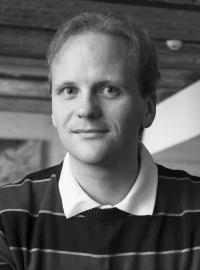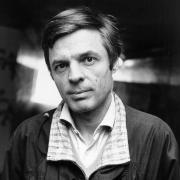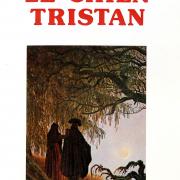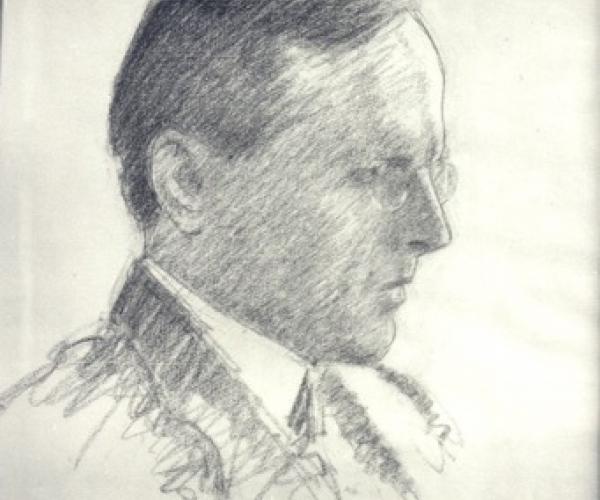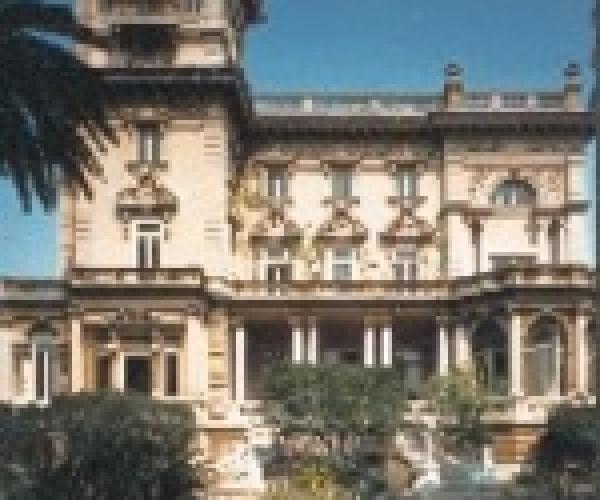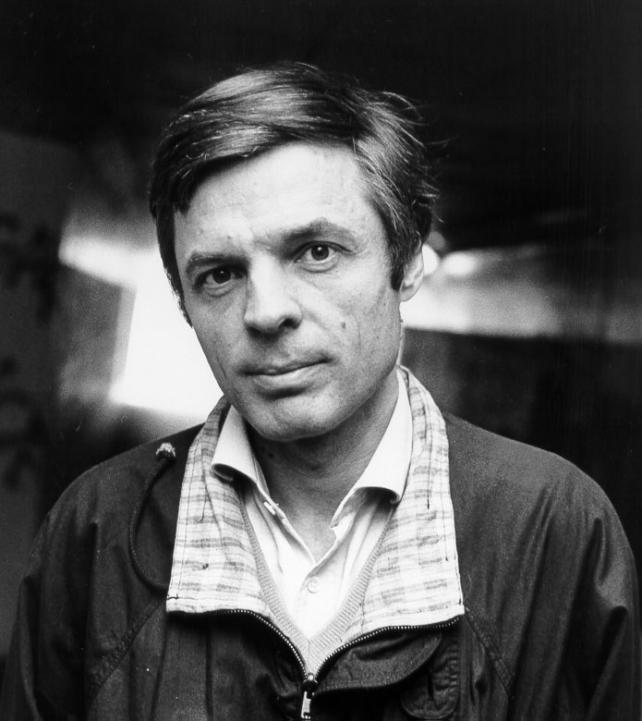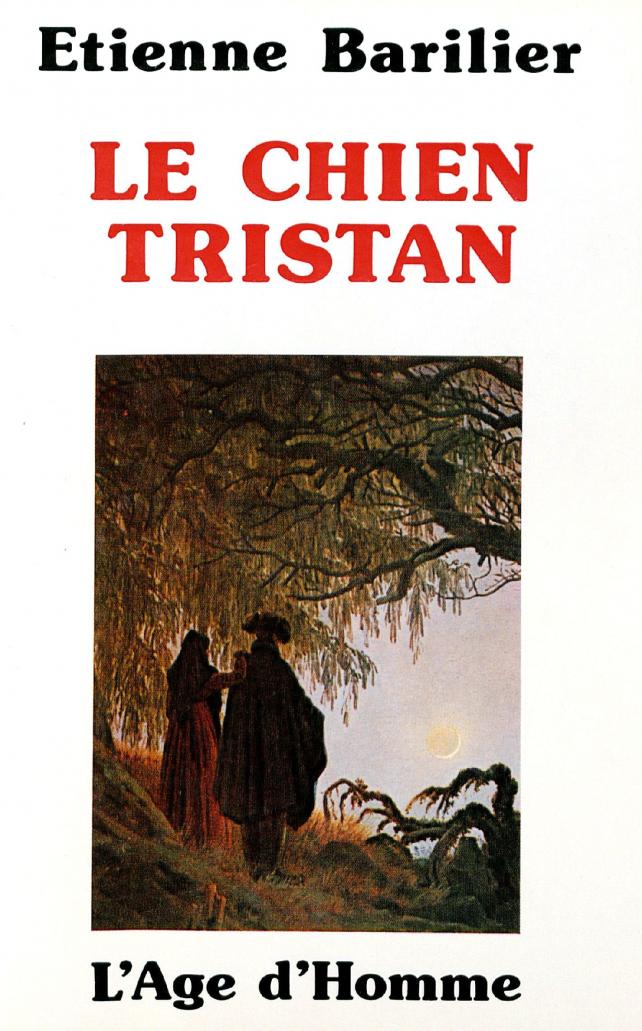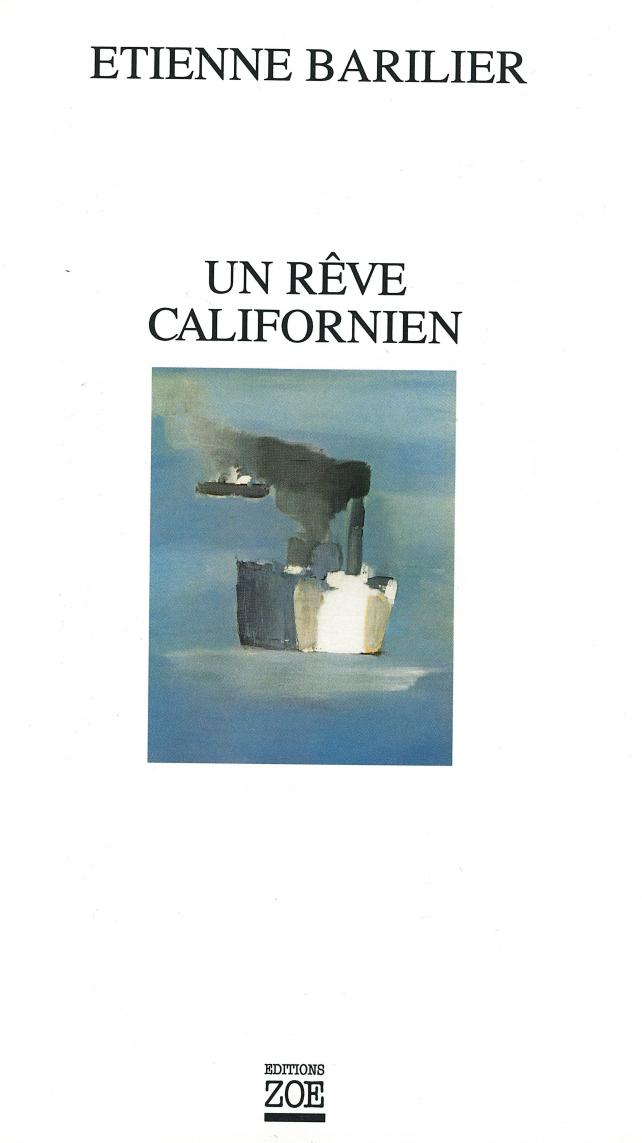The secrets of Villa Maraini
In 1977, the writer Etienne Barilier, born in the canton of Vaud in 1947, published Le Chien Tristan. In this novel, the story of a double murder in the Swiss Institute in Rome is combined with contemplation of the arts, aesthetics, and the quest for beauty. Spurred on by the momentum that inspired German Romantic music, the book’s main characters, Swiss PhD students living at the institute, go as far as to take over the great composers’ identities. In a story whose surprising twists are only noticed by Tristan, the dog, the students, usurping Schumann, Liszt, and Wagner’s artistic lives, unsuccessfully search for the great love, which would confirm a deeper meaning of their lives.
Etienne Barilier wrote Le Chien Tristan during his stay at the Swiss Institute in Rome between 1973 and 1975, at the same time completing his thesis on Albert Camus. The estate, bequeathed to the Confederation by Countess Carolina Maraini-Sommaruga in 1946 appears in the novel as a stony construction sitting in the Eternal City just as Switzerland in the middle of Europe
Surrounded by masterpieces, it is not quite a masterpiece. Built on a fake hill, crowned with a tower whose height is second only to the pinnacle of St. Peter’s Basilica, it is a Swiss Italian industrialists’ love child of his predilections for white beets.
The writer from the Canton of Vaud, like many young artists and researchers, experienced his stay at the Swiss Institute in Rome as a source of inspiration, which influenced his artistic career
For the first time in 1976, Pro Helvetia recognises his literary merits by granting him a scholarship to complete his novel Journal d’une mort. In 1978, the Foundation asked the writer to organise a series of lectures on the position of Swiss literature in Europe, in England and Ireland. The lecture tour was part of a larger project, which, in collaboration with the Swiss Embassy in London aimed at promoting Swiss culture in Great Britain. Subsequently Etienne Barilier visited the universities of Nottingham, Canterbury, London, Leicester, Southampton, Birmingham, Edinburgh, St. Andrews, Liverpool, Lancaster, Dublin, and Cork.
The author’s career as an ambassador for Swiss literature took him to Brazil and Argentina in 1982, and to Spain in 1986., In 1990, Etienne Barilier participated in Pro Helvetia’s Swiss writer-in-residence programme at the University of Southern, Los Angeles, a stay inspiring his the novel Un rêve californien.
In spite of Barilier’s regular participation in Pro Helvetia’s programmes, the subject of his lectures raised questions with the executive. As an author of important books on the Austrian composer Alban Berg and the French writer Albert Camus, Etienne Barilier spoke internationally on topics unrelated to Switzerland.
Although the Foundation had opted for cultural exchange and dialogue between countries from the 1960s on, the questions of national identity and ethnicity remained on its agenda. The orthodox interpretation of promoting national values went so far that Pro Helvetia refused to subsidise the English translation of Etienne Barilier’s work on Alban Berg, in 1982.(tk)
Archives
ALS, fonds Etienne Barilier
Bibliography
« Etienne Barilier », Quarto, Revue des Archives littéraires suisses Nr. 24, 2007

